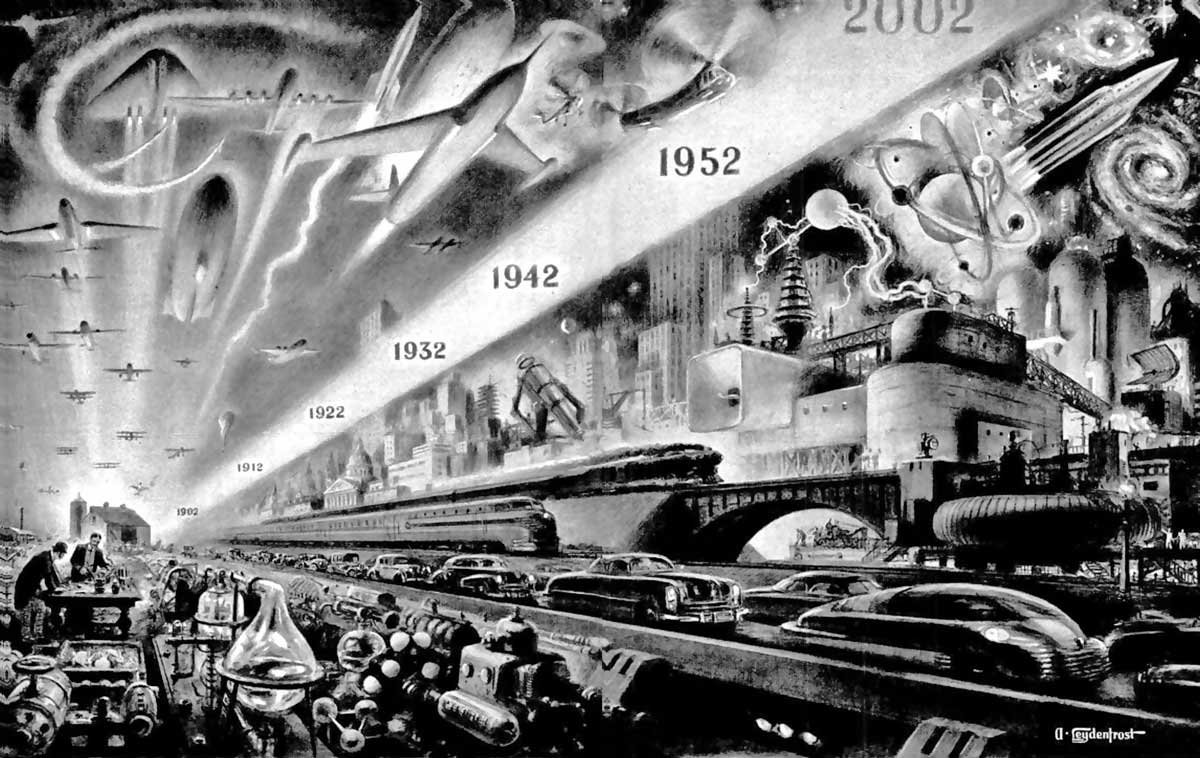The Paradox of Innovation
Piero brings an interesting perspective on creativity. He was trained as a mathematician, but has worn many hats in both the art and science worlds. He was the head of the Artificial Intelligence Center at Olivetti based in Cupertino, California, he started one of the earliest e-zines...in 1985 and has taught at both Harvard and Stanford. Piero is likely most famous for his prolific writings on rock, jazz and avantgarde music. Some of his writings include,“A History of Rock and Dance Music”(2009), “A History of Jazz Music 1900-2000″ (2007), “A History of Popular Music before Rock Music” (2007), and, "A guide to avantgarde music". We look forward to his posts and insights into creativity, creative process and creative links between diverse fields.
Enjoy!
By Think Jar Collective member Piero Scaruffi
I see two instincts at work in nature. On the one hand there is "imitation": each living being tends to imitate what other living beings are doing. This is a widespread instinct, and I have come to believe that this is the fundamental "social instinct". It is pervasive in nature. It is pervasive in human society. A biologist can probably explain the instict of "imitation" as a consequence of sharing the same genes. A physicist might explain it as a consequence of the universal laws. People who imitate are considered "nice". They behave in a way that conforms to what society expects from its members.
Innovation, on the other hand, is not something that we find in nature. Innovation is a risk. Animals "innovate" when there is a genetic mistake. In most cases those animals die. In rare cases they survive. They might generate a new species. They cause instability in the existing ecosystem. Innovation is rare and, when it survives, often catastrophic. "Innovation" in the planet's climate causes the extinction of thousands of species.
Innovation in human society is rarely welcomed. It is most often met with skepticism, hostility and plain accusations of heresy or madness. It is correctly perceived as a threat to the established order. In a sense, society is right to put innovators in madhouses: innovation is the social equivalent of a genetic mistake. It takes time for society to accept it for what it is: an innovation, that changed the established order and created a new order. Basically, people recognize it as "innovation" when they start imitating it. The paradox of innovation is that it is accepted as an innovation when it has become imitation.
Innovation is about knowledge. There is a body of knowledge that is shared by society. Innovation is when a piece of knowledge is added that dramatically changes the way that knowledge looks like: it causes a paradigm shift.
A formal system is a set of facts and rules. The rules can be used to deduct more facts from the existing facts, but this does not add any amount of "truth": it simply makes it explicit. In order to increase the amount of "truth", one needs to add a statement that cannot be deduced from the existing facts.
Innovation, creativity and knowledge are different ways to look at the same phenomenon.
Innovation requires creativity. Creativity can come from a genetic mistake or from a "malfunctioning" brain. I fail to see the difference between creativity and madness. Artists and scientists are mad to the extent that they "create" something innovative. The more innovative/creative, the more insane.


